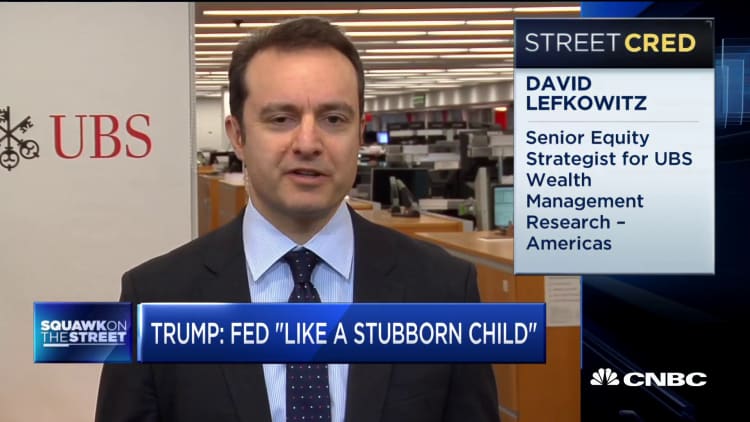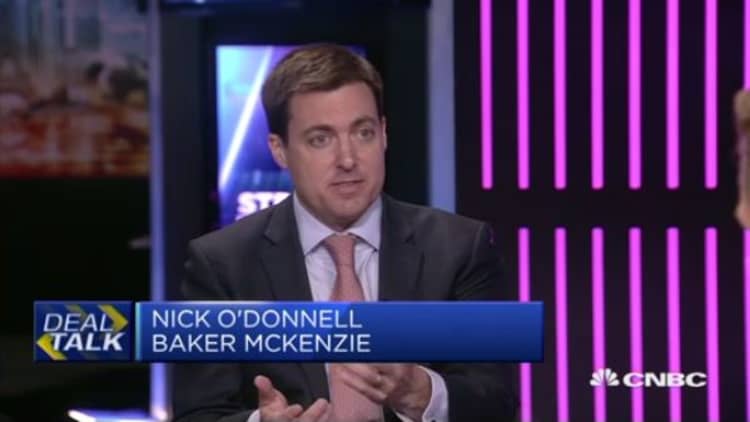The Supreme Court on Monday announced that it will not yet hear a challenge to President Donald Trump's tariffs on steel imports into the United States.
The news was announced in an order with no noted dissents. The court's decision not to hear the case leaves in place a March decision from the U.S. Court of International Trade which allowed for Trump's tariffs.
The case was brought by a group of companies in the steel industry who say they are harmed by the 25% tariffs on steel imports that Trump ordered early last year. Those tariffs have collected approximately $4.5 billion so far, the group wrote in a brief with the top court, a figure that "significantly understates the irreparable and ongoing harm" to their businesses.
Steel stocks lagged the broader market Monday morning.

The plaintiffs, which include the American Institute for International Steel, are arguing that the law Trump invoked to impose the tariffs effectively granted him too much leeway to circumvent Congress, a violation of the Constitution's separation of powers.
The law, Section 232 of the Trade Expansion Act of 1962, imposes no meaningful limits on the president's authority, they argued. The AIIS did not immediately respond to a request for comment.
Congress has rebuked the president over his use of tariffs, but has so far not taken meaningful legislative action to limit his authority.
The Trump administration urged the top court not to take the case and argued that the president has wide-ranging authority over foreign affairs and national security matters.
The case was brought to the Supreme Court in an unusual process that sought to expedite its review. The plaintiffs, urging the justices to hear the case quickly, noted that Trump is considering tariffs on car and auto part imports in the coming months, also under Section 232. The justices may agree to take the case at a later date, after it faces further review in the lower courts.
The steel tariffs apply to all countries except for Argentina, Australia, Brazil, Canada, Mexico and South Korea, according to Customs and Border Protection.
The case is known as American Institute for International Steel, et al., v. United States, No. 18-1317.



